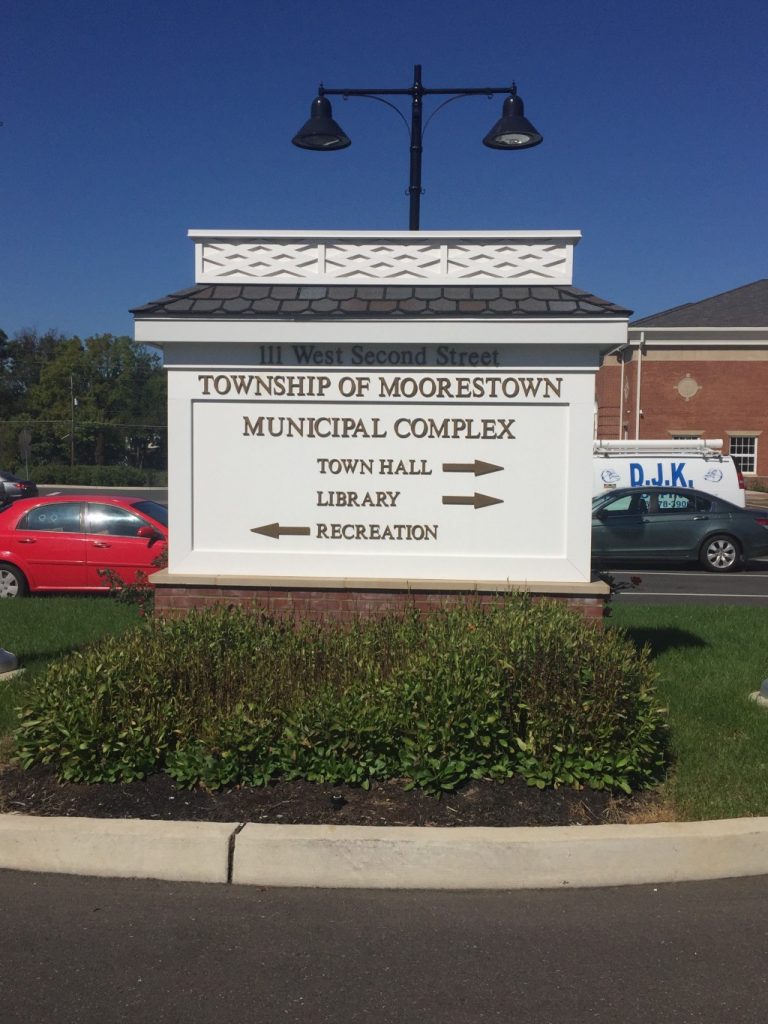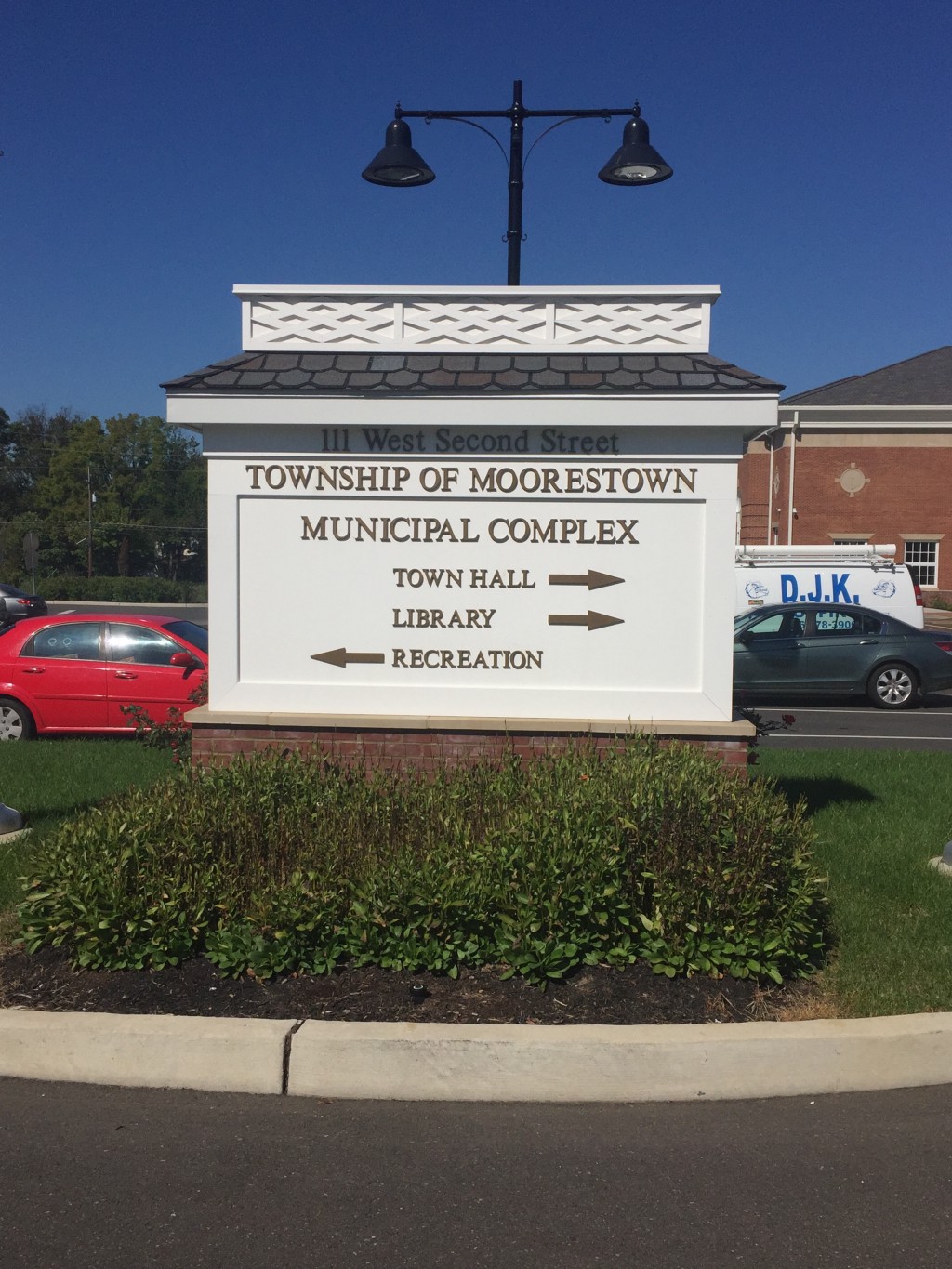
The township negotiated their obligation down to 606 units through the use of a vacant land adjustment.

Moorestown Township has reached a settlement in principle with Fair Share Housing Center. While Fair Share Housing originally proposed a 1,667 unit affordable housing obligation, the township negotiated its obligation down to 606 units through the use of a vacant land adjustment. However, through a combination of negotiations, the vacant land adjustment and various credits applied, the township will end up building 337 units.
Council held a special meeting in Town Hall on Thursday, Feb. 9 to share the news with residents. Despite being unable to discuss the locations of the affordable housing sites, council shared the news it had reached an agreement on the number of units.
The township’s Housing Planner Beth McManus provided context for the night’s discussions. She said when the Council On Affordable Housing existed, municipalities submitted plans to the state agency. Following COAH’s disbanding, towns have to petition the court for approval of their affordable housing plans, with developers and other interested parties intervening on these proceedings through declaratory judgment actions.
“Because it is fundamentally a litigation process that we’re involved in, that means public discussion, it is constrained,” McManus said.
Fair Share Housing, an intervenor in the case, calculated Moorestown’s affordable housing obligation at 1,667 units. McManus said if the township were to accept that number, it could result in one of two scenarios.
She said the 1,667 units could translate to approximately 6,000 new homes built in town. McManus explained if the township went to a private developer to create those homes, any developer would operate within an inclusionary zoning scenario where they build a mix of market rate and and affordable units. Moorestown currently has 7,950 homes, and Mayor Stacey Jordan said 6,000 units would almost double the homes in town.
“With the addition of 6,000 units to the township, that’s clearly going to have a strong impact — things like school crowding, additional demands on police and fire, increased traffic and stress on infrastructure such as your sewer, water and roads,” McManus said.
In the second scenario, if the township were to construct 1,667 units itself, it could come at a cost of around $283 million, McManus said. She said she arrived at this figure by calculating the average construction cost of $250,000 per housing unit multiplied by the number of units needed to satisfy the requirement.
“Needless to say, the council finds that neither of those options work well in Moorestown,” McManu said.
McManus said the township was left with three options: accept the 1,667 units put forth, fight in court and let a judge determine their affordable housing obligation or negotiate a settlement. Jordan said Gov. Murphy has indicated he thinks the state needs more affordable housing, and so if the township were to go to court, the delay could result in an even higher number based on changing state mandates.
“I would venture to say that if we went into court right now, with the way things are with our new governor in there, we would not come out on the good end of that,” Jordan said.
McManus said for all the aforementioned reasons, the township chose to seek a vacant land adjustment. Under the Fair Share Housing Act, municipalities with a scarcity of vacant land can request an adjustment in the calculation of their fair share housing obligation. The adjustment requires municipalities to identify vacant and developable land and calculate the possibility for development to arrive at the town’s Realistic Development Potential.
“So the advantages of a vacant land adjustment is it reduces the obligation,” McManus said. “It brings the obligation down to the number that the municipality can theoretically satisfy.”
The township started with an affordable housing obligation of 1,667 units. McManus said they negotiated a reduction of 500 units to 1,167. Through the vacant land adjustment, the township further reduced the obligation down to an RDP of 606 units.
The township has 117 existing credits it can put toward the RDP that come from surplus units or renewed affordable housing controls already in town. McManus said some existing units are also eligible for extra credits, and the township has maximized these where possible, resulting in 152 bonus credits on top of the 117. As a result of the credits, ultimately, 337 units are needed to satisfy the 606 unit obligation.
Councilman Manuel Delgado said it took a year and a half of work to arrive at the agreement.
“We tried to bring it as small as we can, but really there is a huge effort to get that number where it is,” Delgado said.
Councilman Michael Locatell said council has sat through many meetings where they were unable to discuss the negotiations, and he was glad to finally share with residents what council has been working on.
“I hope the presentation makes most people aware of just how daunting and quite frightening the initial offerings from Fair Share Housing were and moreover the process that we’ve been through,” Locatell said.
“I believe we’re at the point where we need to move forward, because if not, I think the outcome could be even more,” Jordan said.
McManus said the township has until 2025 to construct the units.
Jordan said locations and strategies for meeting the township’s obligation will be discussed at the Thursday, Feb. 15 planning board meeting in Town Hall.









